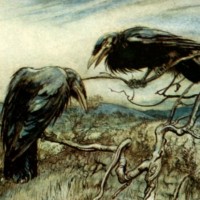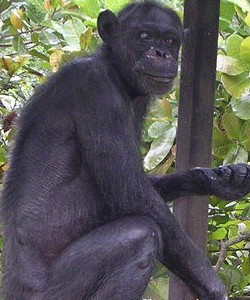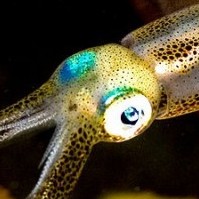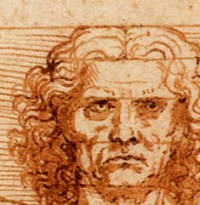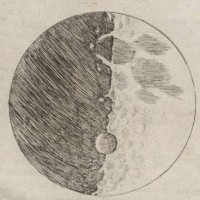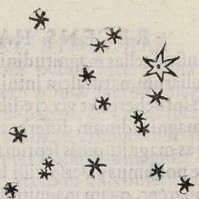Half a millennium before Columbus' calamitous 1492 arrival in the Caribbean, DNA from the Americas may have infiltrated the European genome by way of a woman brought to Iceland by Vikings. Like the semimythical Pocahantas, her impact may have been far-reaching.
Read More »Blog Archives
A network of caws
A morning on the slow but effective internet of the crows.
Read More »The descent of poo
A study of the microbes in the guts of our closest relatives gives new meaning to the gut-check, finding that the mix of bacteria in our gastrointestinal tract is determined not solely by diet, but by evolution as well.
Read More »Wonderful Gallery of Science: Euclid’s Elements
Some of the earliest examples of scientific imagery have proven the most durable.
Read More »SETI keeps looking up
The search for extraterrestrial life is serious science: its methods are precisely documented, its results painstakingly peer-reviewed. But at the same time it�s a field with curious standards when it comes to �advances.�
Read More »Backchannel for cephalopods
Squid may be sending each other secret messages by visual means. Whether they use this talent to spam other squid is another question.
Read More »The Wonderful Gallery of Science: Vitruvian Man
The renaissance Vitruvian Man helped to bring about was above all a rehabilitation of the human being as the pinnacle of creation and the expression of a divine ideal; with the discovery of new cultures and ideals that followed, the notion of a single human ideal would be put to the severest test.
Read More »The Wonderful Gallery of Science: Galileo’s moon
"Just as the shadows in the hollows of the Earth diminish in size as the Sun rises higher, so also these spots on the Moon lose their blackness as the illuminated part grows larger and larger."
Read More »Edward Tufte’s Museum of Cognitive Art
The information-design authority Edward Tufte is selling his multimillion-dollar collection of rare books, which together make up a "Museum of Cognitive Art." For most of us, the slideshow will have to do.
Read More »Philosophy on the brain: idiolects
"An idiolect is a language (or some part or aspect of a language) that can be characterized exhaustively in terms of intrinsic properties of some single person, the person whose idiolect it is."
Read More » Gearfuse Technology, Science, Culture & More
Gearfuse Technology, Science, Culture & More

